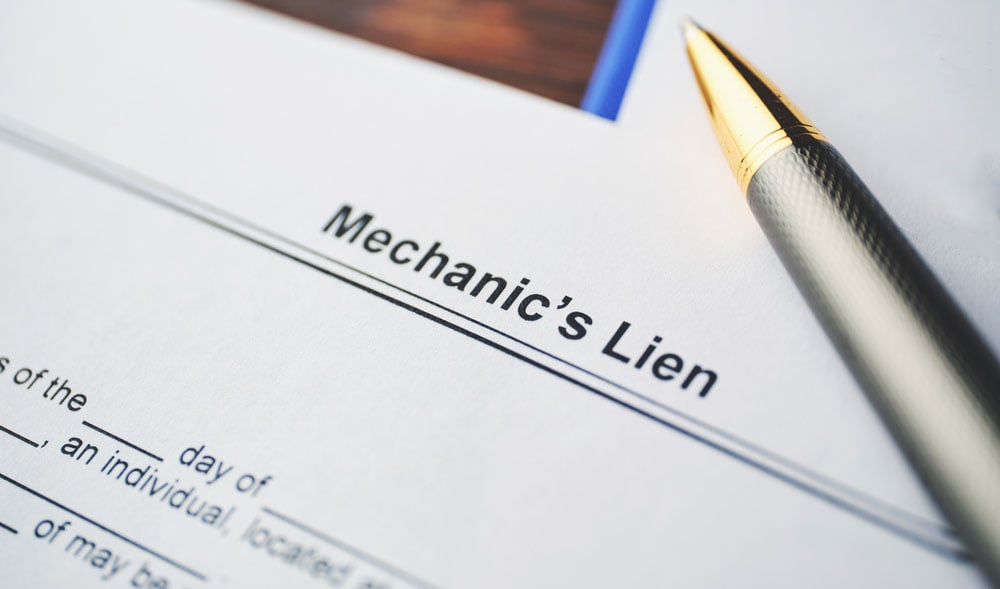What Are Lien Notices? | Everything You Need to Know
Posted on September 19, 2023 by Rafael CantilloYou are a property owner or manager. You have recently arranged for asphalt repair or installation to improve your facility. In the course of this service, you receive a notice that may cause you alarm. What is a lien notice, and why are you receiving it? Does a lien notice mean that something has gone wrong? The good news is that a lien notice means that everything is OK and is done according to regulations.
Let us explain why.

A Lien Notice Is Not a Lien
The most important thing to understand is that a lien notice is not a lien. It is a notice that your contractors could legally file a lien to protect their work investment in your property. Contractors need to provide a lien notice any time they perform work that improves a property while accepting payment when the job is complete.
A Contractor's Investment in Their Work
When a contractor service does work on your facilities, they are investing value into the property. They are investing both time and materials into improvements on your property that are not easily "taken back". Paving, for example, is something that becomes integral to your property. Your contractors perform the paving work with their materials and then accept payment afterward.
Your contractors stand behind their work and do not require payment until a high-quality job is complete. However, if contractors the property owner decides to violate the contract resulting in unpaid contractors, the value they have added to the property gives them the right to file a lien. They cannot take back the work or materials if the contract is void.
What Are Lien Notices, and Why Am I Receiving Them?
So what is a lien notice? A lien notice also called a 20-day Preliminary Notice or just Preliminary Notice, is a necessary step in paperwork that is filed with the County Clerk-Recorder Department by a subcontractor or material supplier to inform a property owner, direct contractor, project lender, or other interested party that they are working on a project and have a right to file a Mechanic's Lien in the event they are not paid.
File the Preliminary Notices 20 days from the first furnishing of labor or materials. The lien notice lets you know who is capable of putting a lien on your property so you can plan and strategize accordingly.
The State of California in order requires prelims to protect the contractor's right to Lien. It also gives notice to all parties in the project (owners, tenants, etc.) regarding the ongoing work.
Lien Notices Are There to Protect and Inform You
What this definition breaks down to is a system of mutual protection. Contractors cannot file liens against you unless they issue a Preliminary Notice within 20 days of work commencing. This means that contractors who are not following California regulations also cannot file liens against you.
At the same time, the lien notice you have received represents your right to be informed. Because the law allows contractors to file liens for unpaid work, they must inform the property owners that choosing not to pay could put them at risk of a lien.
If the Contract Is Honored, There Is No Risk
A lien notice is part of conducting business in a civil and trustworthy manner. As long as both the contractor and property owner fulfill the contract as intended, there is no risk. It is merely a formality that serves to protect both parties from risks that can come from situations where both parties do not properly honor contracts.
In other words, a lien notice is not a lien. It is a courtesy notice of potential risk that allows both contractors and property owners to avoid an undesirable outcome after your work together.
California Paving Services You Can Trust
At Empire Parking Lot Services, we do things by the book. When working with our teams on pavement repairs or new installations, we dot every "i" and cross every "t" to ensure you get top-notch work that complies with every regulation. The state of California mandates sending a lien notice within 20 days of commencing work.
Of course, we're also always happy to explain every aspect of our services and the related paperwork. If you would like to discuss lien notices or other procedural steps involved in your pavement services, or to have our experienced team assist you with your next asphalt repair project, contact us at 714-633-0300.




Comments